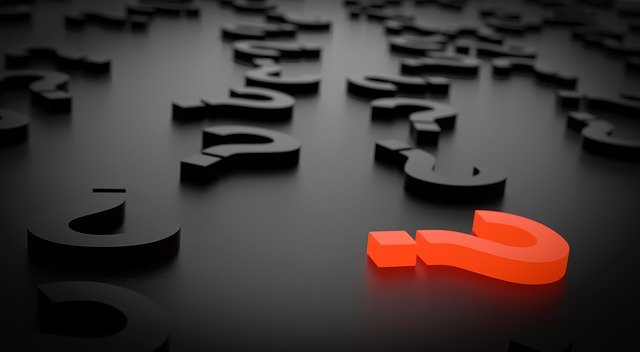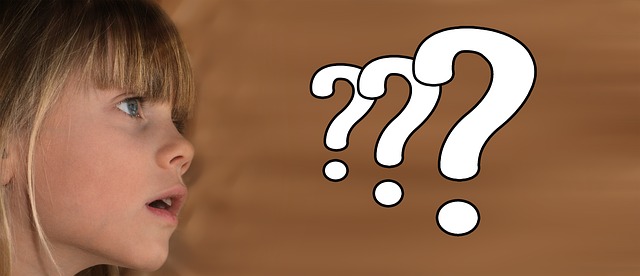What Is A Fact In English Grammar?
This grammar section explains English Grammar in a clear and simple way. There are example sentences to show how the language is used. A fact is something that is true and can be proven.
What is the difference between a fact and an opinion?
A fact is something that is true and can be proven. It does not change, no matter who says it. Opinion is something that someone thinks or feels. It may change from person to person. A. Read the sentences below. Classify them as fact or opinion in the boxes given below.
What is fact and opinion writing worksheet?
Our fact and opinion writing worksheet combines critical and creative abilities of learners to reinforce effectively, how facts mean to inform and opinions mean to persuade or entertain.
What is a fact and an opinion?
The following is the main distinction between the two: The assertion that can be confirmed or proven to be true is referred to as a fact. An expression of decision or conviction about something is referred to as an opinion. The opinion is based on assumptions, while the fact is based on observation or analysis.
What is an example of fact and opinion?
What is fact and opinion example? An opinion is different from a fact. But you can say facts about a person’s opinion. For example, someone can ask a question like "What is Alice’s opinion about the book?" You can answer this question with a fact, for example "Alice said she likes the book." Then it is a fact that Alice says she likes the book.
What is the difference between a fact and an opinion?
• Fact is something based on observation and hence is considered true whereas opinion is an assumption or a belief. This is one of the main differences between a fact and an opinion. • A fact is a statement that can be considered as a proved opinion. • On the other hand, an opinion cannot be substantiated by a fact.
What are facts and opinions examples?
What are 5 examples of facts and opinions?
- Your heart pumps blood through your body.
- The leaves of growing plants are usually green.
- People use their legs to walk.
- Some people keep dogs as pets.
- 1 liter of water weighs 1 kilogram.
- There are 50 states in the United States.
How do you use the word opinion in a sentence?
Use opinion words ( always, never, good, bad, best, worst) to change the wording to opinion statements. Fact: Frogs live in rainforest habitats. Opinion: Frogs are the best animals in rainforest habitats. The news is on at 6 o’clock.
Why is milk the state symbol of Oregon?
In 1997, the legislature unanimously agreed that milk and other dairy products should be accorded such status on the basis of their contribution to the state’s economic well-being. Therefore, milk is a symbol of economic prosperity in Oregon. Mill Ends Park, Oregon.
What are some mind-blowing facts about Oregon?
At 15.5 metric tons (34,000 lbs.), Willamette is the largest single “stone.”[24,25] 34. Linus Pauling (1901 – 1994) born in Portland, Oregon was awarded the Nobel Prize for Chemistry in 1954. He also won the Nobel Peace Prize in 1962. [28] 35. Salem is the capital of Oregon.
What are the characteristics of adults with disabilities in Oregon?
Despite progress, adults with disabilities in Oregon and across the country continue to experience significant differences in health characteristics and behaviors compared to adults without disabilities. Mobility: Serious difficulty walking or climbing stairs. Cognition: Serious difficulty concentrating, remembering, or making decisions.
What is an odds needs assessment?
The federal government requires people with intellectual and developmental disabilities to have a needs assessment to receive services. In the past, the Office of Developmental Disabilities Services (ODDS) used several needs assessments and other tools to identify needs, risks and level of care.
What is the Oregon Needs Assessment (ONA)?
At the request of the Oregon Legislature, ODDS created a single assessment tool for all who receive services to make moves between services easier. This new tool is the Oregon Needs Assessment (ONA) . An assessor conducts the ONA while objectively ensuring everyone is assessed the same way. In the past, case managers conducted many assessments.
How many counties does Oregon have?
Oregon ( nicknamed: “Beaver State”) has 36 counties. The state’s capital is Salem. The abbreviation for Oregon is OR. 1. The origin of the name “Oregon” is uncertain.
What is Oregon’s state nut?
There’s no other state in the US that is known to have an official state nut if not Oregon. The state nut is known as the hazelnut or filbert and Oregon is home to 99 percent of the commercial nuts cultivated in the US. The famous swoosh. Image by Josh Hallett
What is the state animal of Oregon?
2. Also known as Castor canadensis (scientific name), the American Beaver is actually the Oregon state animal since 1969. And that is why Oregon is popularly known as “The Beaver State”. [3] 3. The state has 11 lighthouses, and Yaquina is the tallest of them all – 93 feet.
What are some interesting facts about Oregon?
Interesting facts about Oregon. Willamette Meteorite. 33. Willamette Meteorite, discovered in the U.S. state of Oregon, is the largest meteorite found in North America and the sixth-largest in the world.
Why is Oregon a good state for lumber?
Oregon’s vast forests are a leading source for lumber in the U.S. In fact, the state harvests more timber than any other state. Almost half of the state’s landmass is covered by forests. Oregon’s soils and climate provide ideal conditions for the growth of trees in the region. [22,23]
What does origin mean?
origin | Origin and meaning of origin by Online Etymology Dictionary ORIGIN Meaning: "ancestry, race," from Latin originem (nominative origo) "a rise, commencement, beginning, source;… See definitions of origin. Advertisement origin (n.)
What is the root word of fact?
History and Etymology for fact. borrowed from Latin factum "deed, action, real event," noun derivative from neuter of factus, past participle of facere "to make, bring about, perform, do," going back to a suffixed form *dhh1-k-i̯e- (with perfect fēcī from *dheh1-k-) of Indo-European *dhh1-, dheh1- "put, place, make,…



